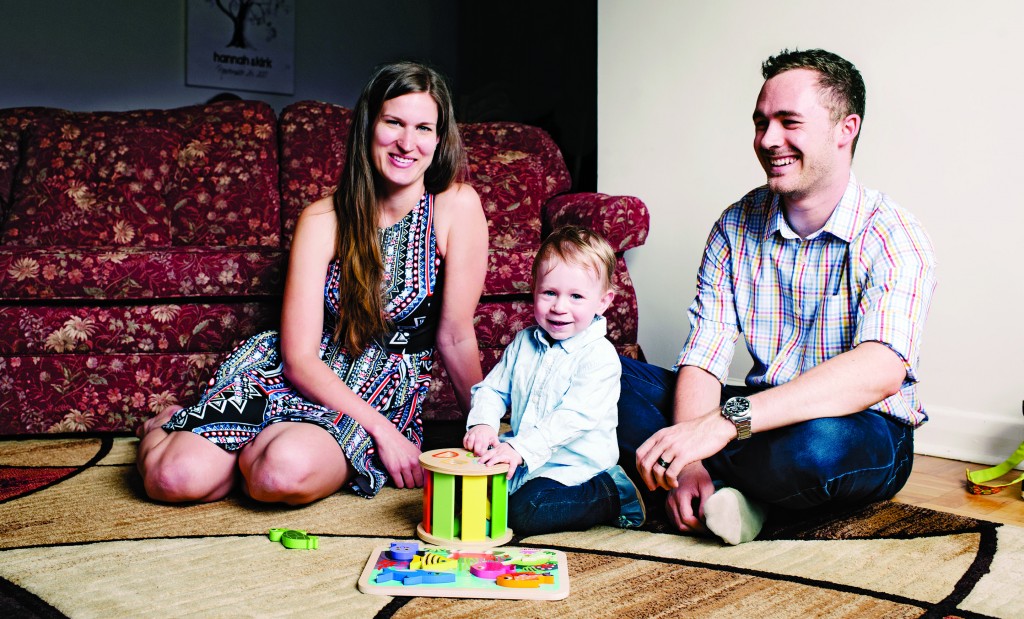Rich at any age: In your 20s
Staying on top of debt is easier said than done but it is possible
Advertisement
Staying on top of debt is easier said than done but it is possible


Share this article Share on Facebook Share on Twitter Share on Linkedin Share on Reddit Share on Email